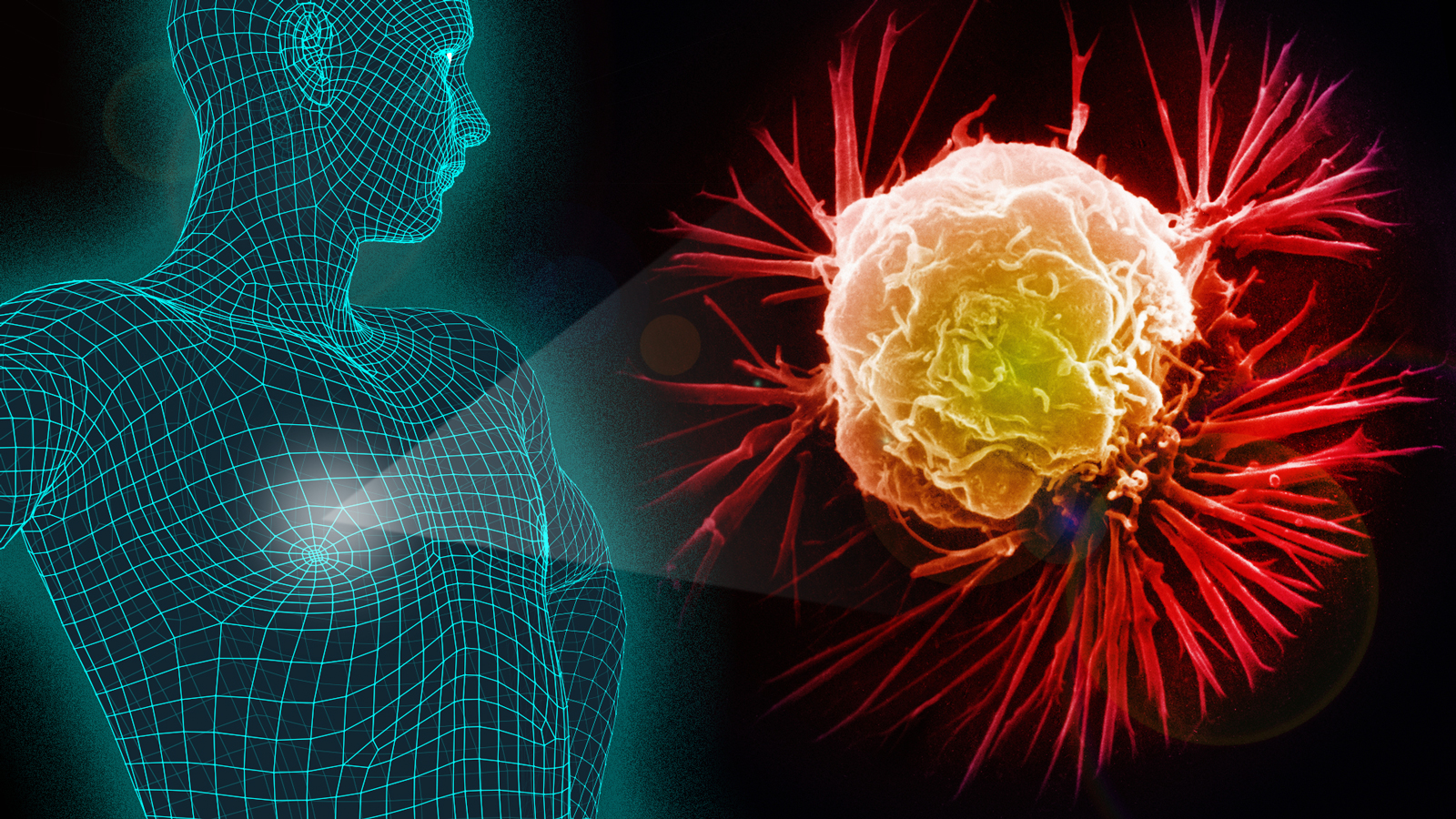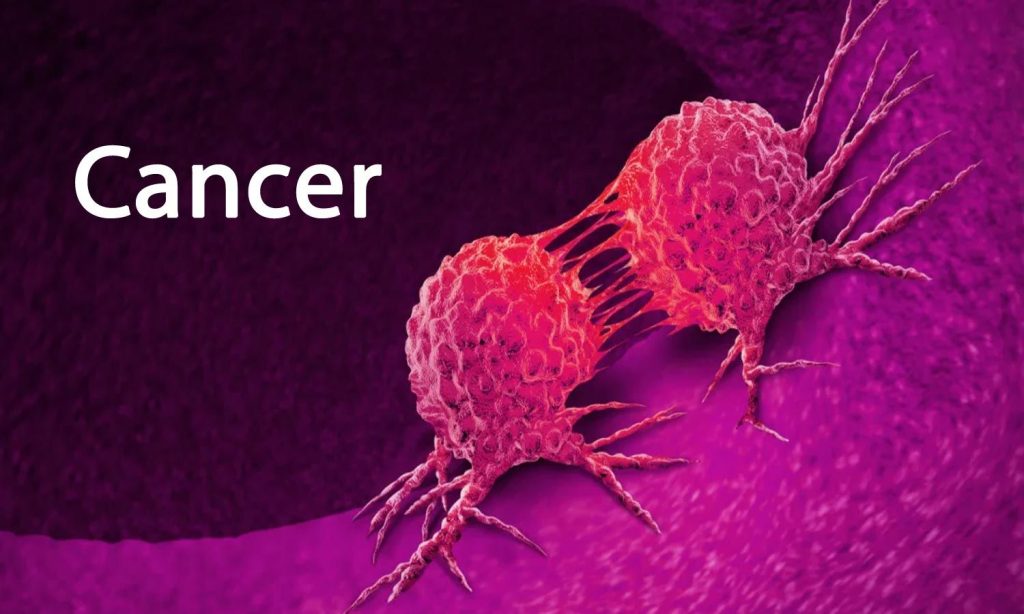The relationship between the COVID-19 vaccine and cancer has become a critical topic of discussion, especially given the heightened vulnerability of cancer patients to severe complications from the virus. As the pandemic continues, understanding how these vaccines interact with cancer treatments and the immune system is essential for both patients and healthcare providers.
The Importance of Vaccination for Cancer Patients
Cancer patients, particularly those undergoing active treatment, are at a higher risk of developing severe illness from COVID-19. This is due to their weakened immune systems, which can be further compromised by treatments such as chemotherapy, radiation, and immunotherapy. According to the Centers for Disease Control and Prevention (CDC), individuals with cancer are considered a high-risk group and should receive the COVID-19 vaccine to protect themselves from serious illness.
Key Recommendations from Health Organizations
The CDC and the National Comprehensive Cancer Network (NCCN) strongly recommend that cancer patients receive the COVID-19 vaccine. These organizations emphasize that the benefits of vaccination far outweigh the risks, even for those undergoing active treatment. The vaccines have been shown to reduce the risk of hospitalization and death from COVID-19, even in immunocompromised individuals.
Timing of Vaccination for Cancer Patients
The timing of vaccination is crucial for cancer patients, as it can impact the effectiveness of both the vaccine and the cancer treatment. For patients who have recently undergone stem cell transplants or CAR T-cell therapy, it is recommended to delay vaccination for at least three months after completing treatment. This is because the immune system may not respond effectively during periods of immunosuppression.
For other cancer patients, including those receiving aggressive chemotherapy, vaccination should not be delayed. It is important to get vaccinated as soon as possible to ensure protection against the virus. However, patients who are about to undergo surgery should wait a few days to up to two weeks after surgery before getting vaccinated, to avoid confusion between vaccine side effects and post-surgical symptoms.
Safety and Efficacy of the Vaccine in Cancer Patients
There is no evidence that the COVID-19 vaccines make cancer treatment less effective. In fact, studies have shown that the vaccines are safe and effective for most cancer patients. However, some patients may experience mild side effects, such as fatigue, headache, and fever. These side effects are generally short-lived and do not interfere with cancer treatment.
It is also important to note that the vaccines do not cause cancer or lead to its recurrence. The vaccines do not alter a person’s DNA, and there is no evidence that they affect cancer biomarkers in a way that would suggest a recurrence.
Special Considerations for Lymphedema Patients
Patients with lymphedema, a condition characterized by swelling in the arms or legs due to a blockage in the lymphatic system, should take special precautions when receiving the vaccine. It is recommended that they get vaccinated in the arm that does not have lymphedema to reduce the risk of infection. If both arms are affected, the thigh can be used as an alternative site for vaccination.
Choosing the Right Vaccine
The CDC recommends that everyone aged 6 months and older receive the updated 2023–2024 COVID-19 vaccine. The three vaccines approved for use in the United States are the Pfizer-BioNTech and Moderna mRNA vaccines, and the Novavax protein subunit vaccine. While all three vaccines are effective, the choice of vaccine may depend on individual factors, such as age and health status.
Research and Ongoing Studies
Researchers are actively studying the effectiveness of the vaccines in cancer patients. Several studies have shown that the vaccines may be less effective in some cancer patients, particularly those with blood cancers or those receiving aggressive chemotherapy. However, any level of protection is beneficial, and the vaccines are still recommended for all cancer patients.
The Role of Caregivers and Family Members
It is also important for caregivers and family members of cancer patients to get vaccinated. By doing so, they can help protect the patient from potential exposure to the virus. Caregivers should follow the same guidelines as the general population, including wearing masks in public and avoiding large gatherings.
Future of Vaccination and Boosters
As the virus continues to evolve, the need for booster shots may increase. Researchers are studying the frequency and timing of additional boosters, as well as the development of variant-specific vaccines. The goal is to ensure that the vaccines remain effective against new strains of the virus.
Conclusion
The relationship between the COVID-19 vaccine and cancer is complex, but the evidence clearly shows that vaccination is beneficial for cancer patients. By following the recommendations of health organizations and working closely with healthcare providers, cancer patients can protect themselves from the virus while continuing their treatment. As research continues, it is hoped that more information will be available to guide future vaccination strategies for this vulnerable population.
Meta Title: Understanding the Relationship Between Covid Vaccines and Cancer
Meta Description: Learn how the COVID-19 vaccine impacts cancer patients and why it’s crucial for their health. Stay informed with the latest guidelines and recommendations.
Author: John Doe
Title/Role: Health Journalist
Credentials: John Doe is a seasoned health journalist with over a decade of experience covering medical advancements and public health issues. He has contributed to several reputable publications and is dedicated to providing accurate and up-to-date information to his readers.
Profile Link: LinkedIn Profile
Sources:
1. Centers for Disease Control and Prevention (CDC)
2. National Comprehensive Cancer Network (NCCN)
3. American Society of Clinical Oncology (ASCO)
Internal Links:
– Understanding the Impact of Cancer on Immune System
– Latest Advances in Cancer Treatment
– Vaccination Guidelines for Immunocompromised Individuals
Call to Action: Stay updated with the latest news on cancer and vaccination by visiting our website regularly. Subscribe to our newsletter for exclusive insights and expert opinions.
URL Slug: understanding-covid-vaccine-and-cancer
Image Optimization:
– 
–
– 
–
– 
Schema Markup:
{
"@context": "https://schema.org",
"@type": "Article",
"headline": "Understanding the Relationship Between Covid Vaccines and Cancer",
"description": "Learn how the COVID-19 vaccine impacts cancer patients and why it's crucial for their health. Stay informed with the latest guidelines and recommendations.",
"author": {
"@type": "Person",
"name": "John Doe"
},
"publisher": {
"@type": "Organization",
"name": "Health News Today",
"logo": {
"@type": "ImageObject",
"url": "https://example.com/logo.png"
}
},
"datePublished": "2025-04-05"
}











More Stories
What Is Yodo Para Tiroides and How Does It Affect Thyroid Health?
How to Claim Your Joy in League of Legends: A Step-by-Step Guide
What is WSET? A Comprehensive Guide to Wine Education